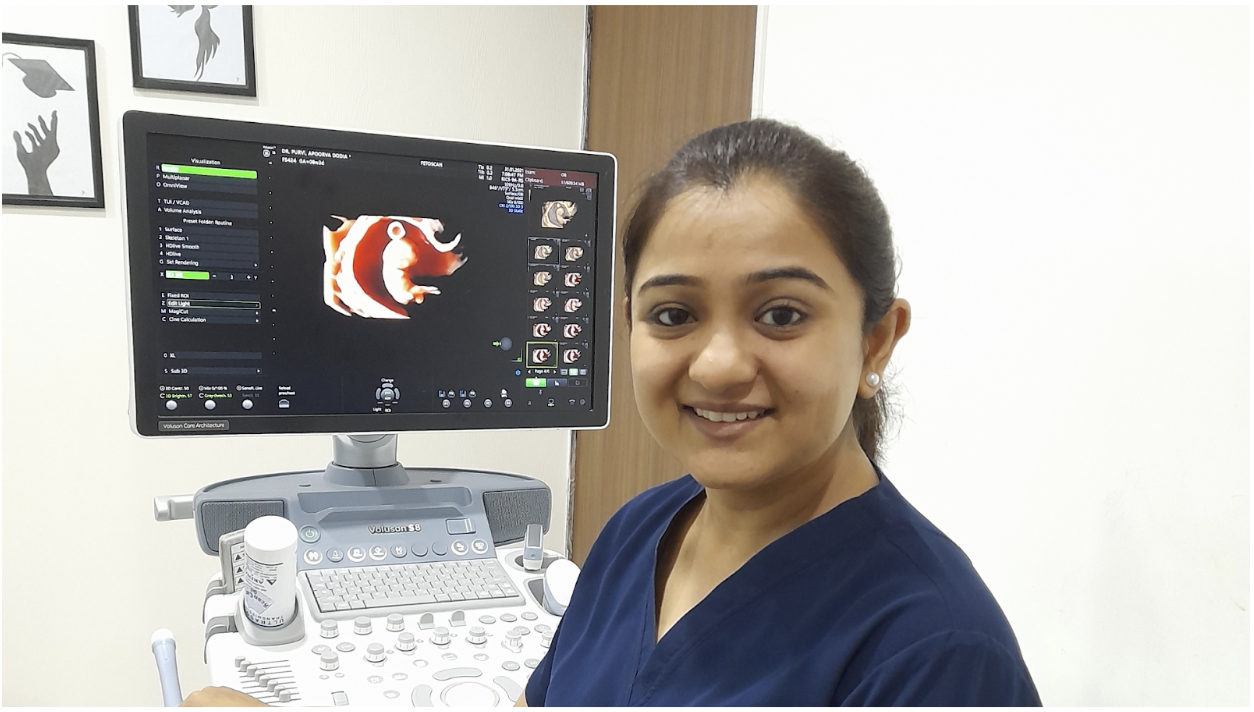Prenatal genetic testing refers to a variety of medical tests that can be performed during pregnancy to assess the genetic makeup of a developing fetus. These tests can be used to detect a wide range of genetic conditions, including Down syndrome, Tay-Sachs disease, and sickle cell anemia. While prenatal genetic testing can provide valuable information for expectant parents, it also carries some potential risks and ethical considerations.
One major benefit of prenatal genetic testing is the ability to detect potential genetic conditions early on in pregnancy. This can allow parents to make informed decisions about the pregnancy and their options moving forward. For example, if a prenatal test reveals that a fetus has a serious genetic condition, parents may choose to terminate the pregnancy. On the other hand, if a test reveals that a fetus is healthy, it can provide reassurance and peace of mind for the parents.
Prenatal genetic testing can also help parents prepare for the birth of a child with a genetic condition. If a genetic condition is detected, parents can start researching and learning about the condition, as well as seeking out support groups and resources. This can help them feel more prepared and equipped to care for a child with special needs.
However, prenatal genetic testing also carries some potential risks and ethical considerations. One potential risk is that of false results. False positives can lead to unnecessary stress and anxiety for parents, as well as the possibility of unnecessary medical procedures or termination of a pregnancy. False negatives, on the other hand, can give parents false reassurance, potentially leading them to not prepare for the possibility of a child with a genetic condition.
There are also ethical considerations surrounding prenatal genetic testing. Some people may argue that testing for genetic conditions allows for the possibility of “designer babies,” or the selection of certain traits in a fetus. Others may argue that the availability of genetic testing puts pressure on expectant parents to test their fetus, even if they are not sure they want to know the results.
Another ethical consideration is the potential for discrimination based on genetic information. In some cases, insurance companies or employers may be able to access genetic testing results and use them to discriminate against individuals or families. This could lead to a situation where people with certain genetic predispositions are denied coverage or employment opportunities.
Overall, prenatal genetic testing can provide valuable information and support for expectant parents, but it is important to carefully consider the potential risks and ethical considerations. It is important for individuals to fully understand the limitations and accuracy of the tests, as well as the potential implications of the results. It is also important to consider the potential for discrimination based on genetic information, and to ensure that genetic testing results are kept private and confidential.





